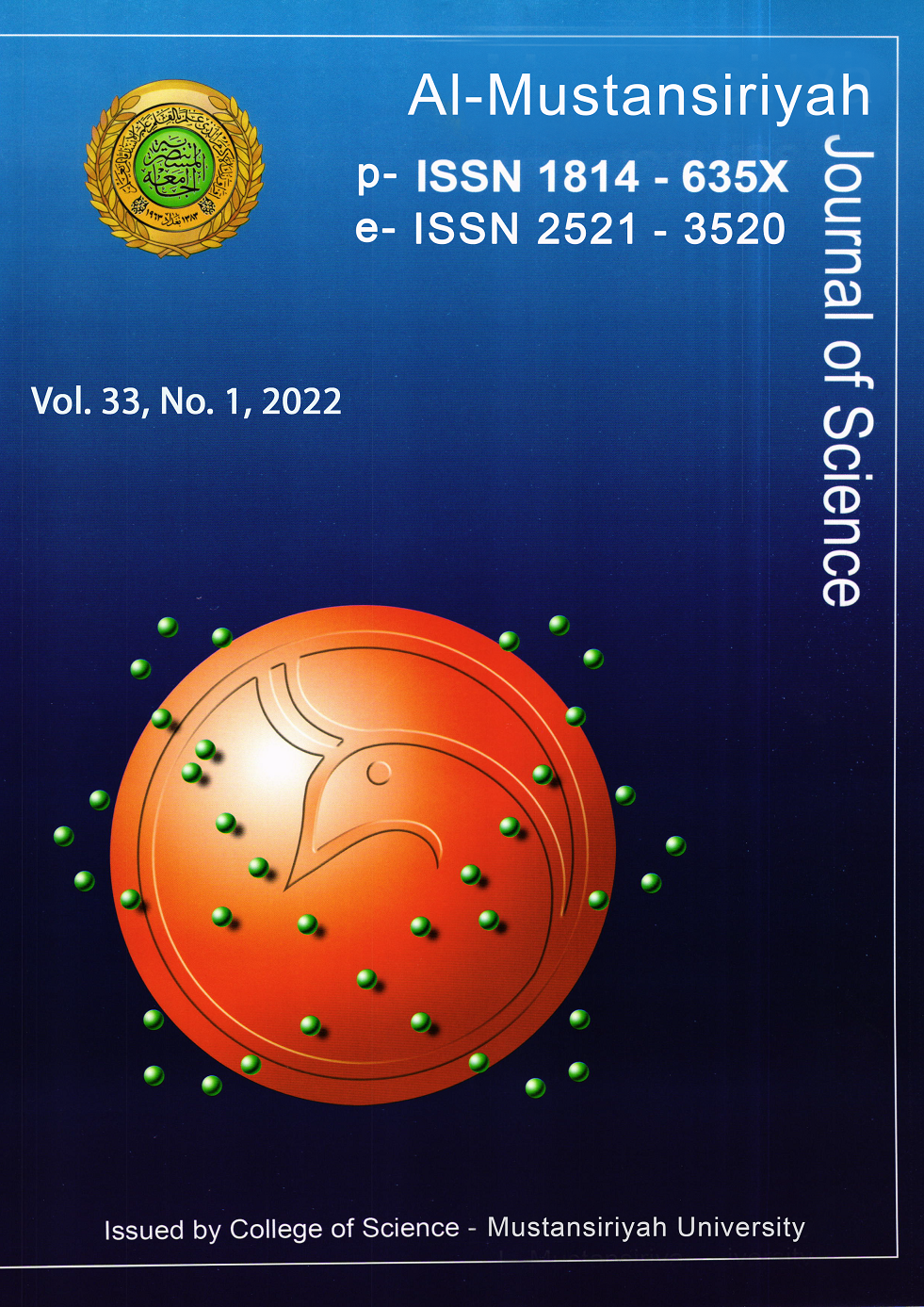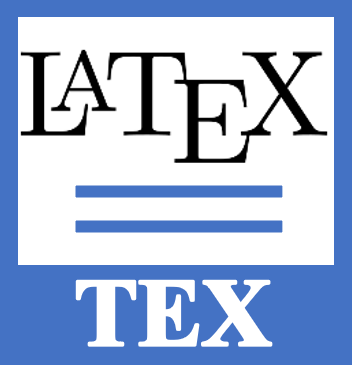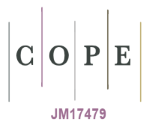Measuring the Permissible Limits of Radiation Doses and Their Impact on the Population of Al-Sadr City in Baghdad Governorate
DOI:
https://doi.org/10.23851/mjs.v33i1.1052Keywords:
level of radiation doses, the population of al-Sadr City.Abstract
In this research, the level of radiation doses and the amount of energy obtained by the human body and received by the individual were measured in Al-Sadr region, east of Baghdad Governorate, and because this region has a large population density and the presence of an industrial and commercial fields. So that the total areas on which the radiological survey was conducted reached 93 using the GPS, a radiological survey was conducted. 2790 readings were calculated for all areas and the average was 279 readings. The readings were taken by the inspector, and the highest reading was recorded in sector 26 by 0.135 msv/h and the lowest reading recorded in sector 72 was 0.071 msv/h. The results were compared with the decisions of the International Commission on Radiological Protection (ICRP).
Downloads
References
Canadian Nuclear Safety Commission.
Radioactive pollution of the environment - King Saud University - Permanent Committee for Radiation Protection - prepared by Dr. Ahmed Muhammad Al-Sorayai and Professor Hassan Othman Muhammad. (1989) website.
Ali, Amer Hassan, Muhaimid, Ahmed Khalaf , Hassan and Hana Ehsan,( 2014), "Determining the level of radiation background on the campus of the University of Mosul using multiple technologies", Al-Rafidain Science Journal 25(3), 86-100.
Al-Ahmad and Khaled Obaid, 1993, "Introduction to Health Physics", Dar Al-Kutub for Printing and Publishing, University of Mosul.
Google maps website from the internet.
Al-Alawy IT and Hasan AA (2018) "Radon Concentration and Dose Assessment in Well Water Samples from Karbala Governorate of Iraq" Journal of Physics: Conference Series, 1003 (1), 012117.
Kumar A, Singh B and Singh S (2001) Uranium, Radium and Radon exhalation studies in some soil samples from Una district, Himachal Pradesh, India using track-etching technique. Indian Journal of Pure and Applied Physics, 39: 761-764.
Environmental Health and Safety, Stanford (2021) Radiation Protection Guidance for Hospital Staff. Chapter 3.2 Maximum Permissible Occupational Doses. Stanford University. Title 10, Part 20, of the Code of Federal Regulations (10 CFR Part 20), "Standards for Protection Against Radiation,"
Al-Alawy IT and Salim MD (2015) Natural Radioactivity in Selected Soil Samples from the Archaeological of Ur City in Dhi-Qar Province, Iraq.International Letters of Chemistry, Physics and Astronomy, 60: 74-82. https://doi.org/10.18052/www.scipress.com/ILCPA.60.74
Al-Alawy IT, Mohammed RS, Fadhil HR and Hasan AA (2018) Determination of radioactivity levels, hazard, cancer risk and radon concentrations of water and sediment samples in Al-Husseiniya River (Karbala, Iraq). Journal of Physics: Conference Series, 1032 (1): 012012.
Aladeniyi K, Olowookere C and Oladele BB (2019) Measurement of natural radioactivity and radiological hazard evaluation in the soil samples collected from Owo, Ondo State, Nigeria. Journal of radiation research and applied sciences, 12 (1): 200-209. https://doi.org/10.1080/16878507.2019.1593675
International Commission on Radiological Protection (ICRP)(1991).
Downloads
Key Dates
Published
Issue
Section
License
Copyright (c) 2022 Al-Mustansiriyah Journal of Science

This work is licensed under a Creative Commons Attribution-NonCommercial 4.0 International License.
(Starting May 5, 2024) Authors retain copyright and grant the journal right of first publication with the work simultaneously licensed under a Creative Commons Attribution (CC-BY) 4.0 License that allows others to share the work with an acknowledgement of the work’s authorship and initial publication in this journal.






















